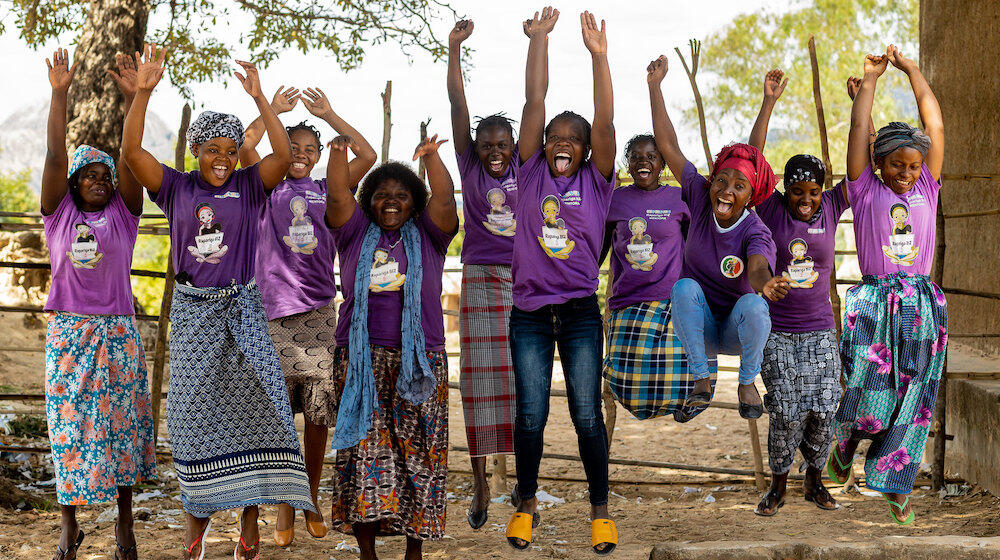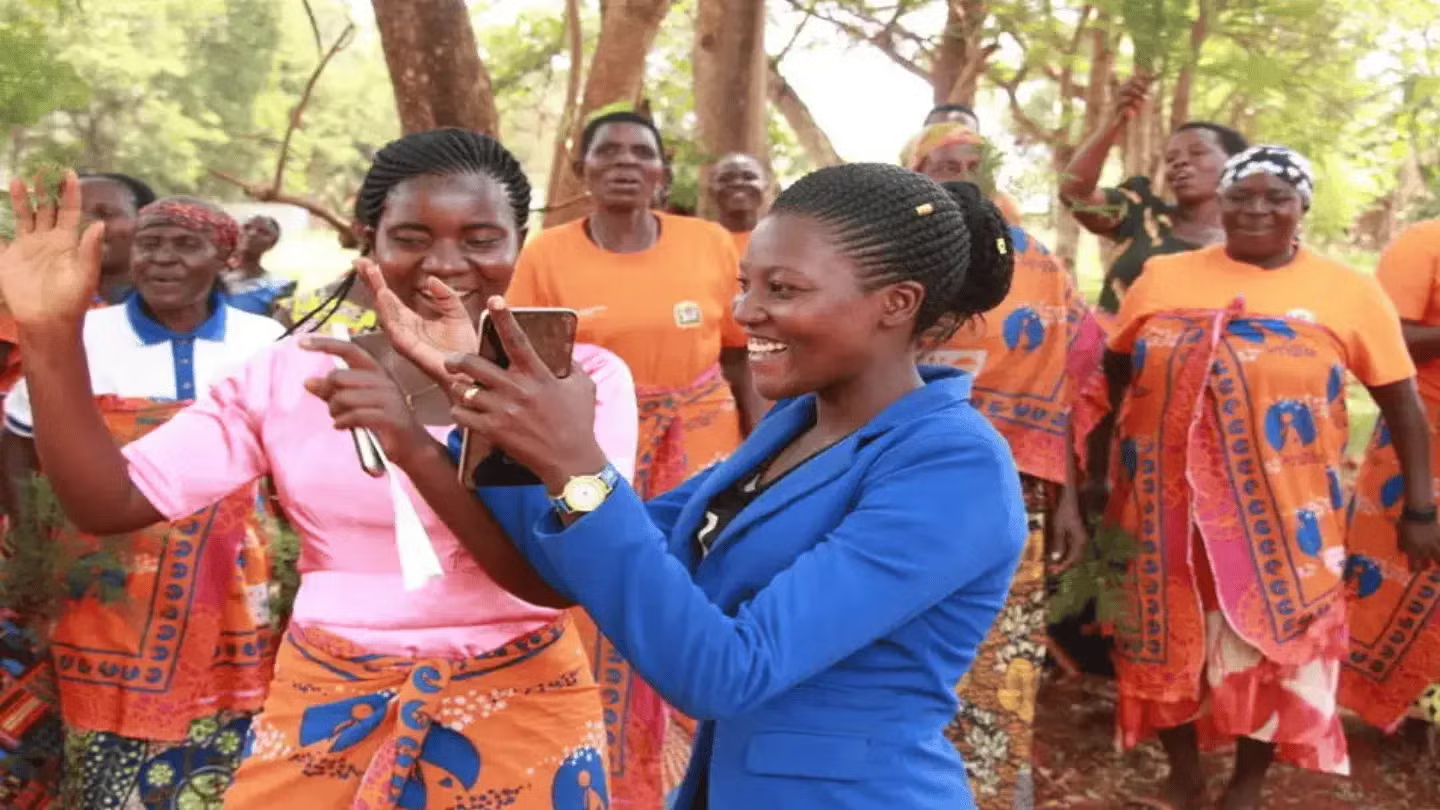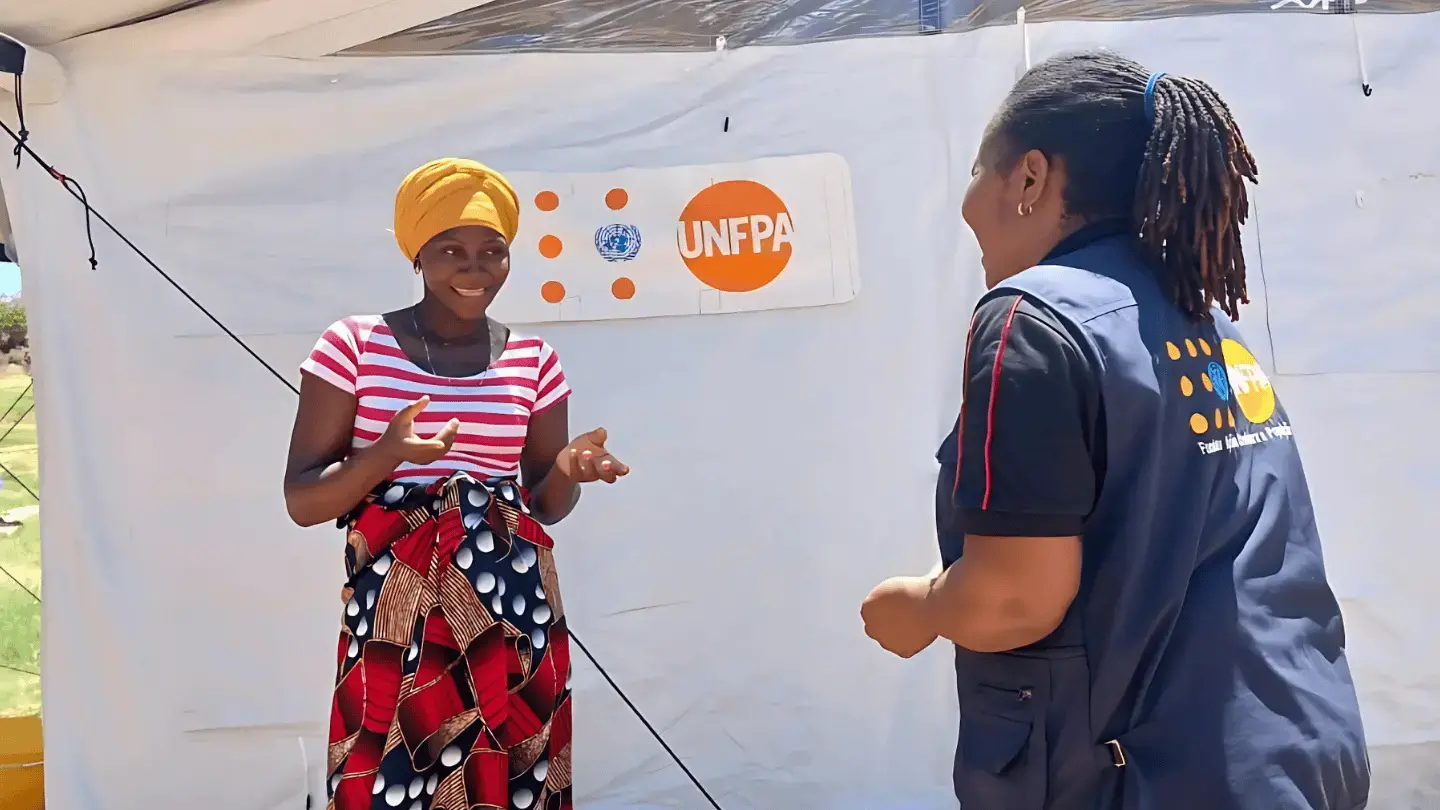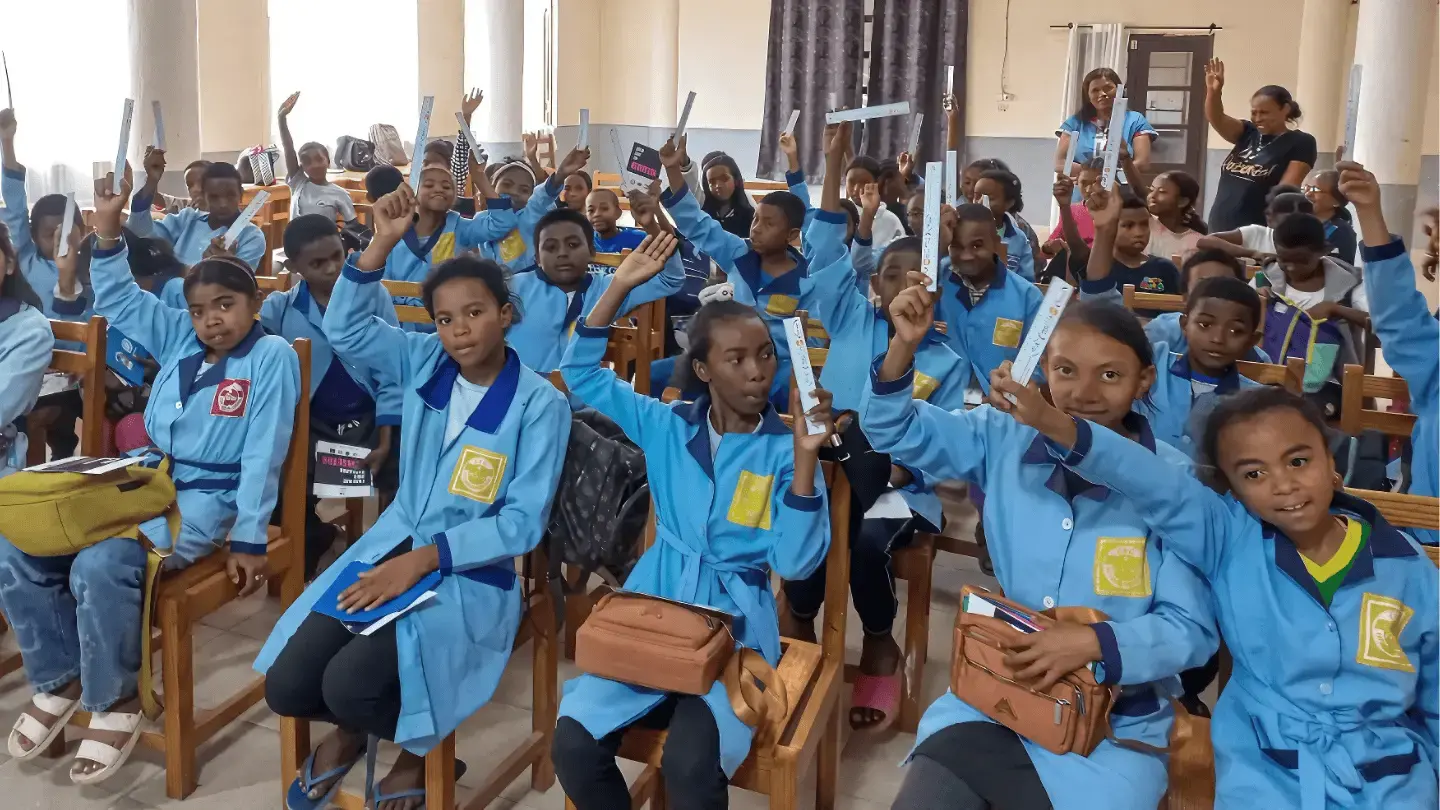JOHANNESBURG, South Africa–In a region where development gains are reversing because of multiple hazards – from climate change to conflict, disasters and the COVID-10 pandemic – leaders from East and Southern Africa (ESA) called for empowering the youth and protecting their health and well-being to achieve the common goals.
Ministers of Education and Health from the region came together recently to affirm the need for health, education, non-discrimination, and well-being of adolescents and young people.
Leaders expressed concern at the lack of access to comprehensive sexuality education (CSE) of youth-friendly sexual and reproductive health (SRH) services for adolescents and young people. Young women and girls are particularly vulnerable, with their potential remaining untapped.
While significant strides have been made in improving sexual and reproductive health and rights outcomes in the ESA region, there are still gaps and barriers to realizing the ESA Commitment.
COVID-19 has set back progress on the ESA Commitment in the region. The pandemic has resulted in an upsurge in gender-based violence, child marriage and adolescent pregnancies. Access to menstrual health information and supplies has declined due to economic stress, mobility restrictions and school closures.
An empowered generation
In the region, commitment from countries remain strong. For example, there has been a significant reduction in new HIV infections, as indicated in the 2019 HIV estimates, and a good quality CSE curriculum framework has been put in place and implemented in 20 countries.
UNAIDS Regional Director for East and Southern Africa, Anne Githuku-Shongwe, said, “This commitment will pave the way for the ESA region to get closer to achieving the SDG Agenda and the Africa We Want.”
This commitment will pave the way for the ESA region to get closer to achieving the SDG Agenda and the Africa We Want.
At the regional event on 11 to 12 October, the Ministers endorsed the ESA Commitment to deliver CSE and adolescent and youth-friendly SRH. Additionally, they addressed and scaled up initiatives to tackle teenage pregnancy, gender-based violence, child marriage, discrimination, stigmatization, and harmful practices.
Participants evaluated and mapped out the journey forward and discussed the focus for the next nine years until 2030. Ministers and other high-level officials, under the leadership of the Southern Africa Development Community (SADC) and the East African Community (EAC), together with a regional technical team of representatives of UNFPA, UNESCO, UNAIDS, UNICEF, WHO and MIET AFRICA, revisited the roadmap set for the commitments.
The discussion underscored the need for affirmation of the countries’ commitments to investing in quality education and providing comprehensive and life skills-based sexuality education, starting from primary school.
Despite the challenges faced by the region, and especially the effects of COVID-19, by re-affirming the ESA Commitment, leaders, policymakers, and young people recognized that strategic investments in adolescents and young people's health, education and well-being are a moral imperative. It will also generate significant benefits for adolescents today, for the adults they will become, and for the next generation as they contribute to the development and prosperity of their families, communities, and the region.
About the ESA Commitment
In 2013, under the leadership of UNAIDS and with the support of the Regional Economic Communities (EAC and SADC), the United Nations initiated a process that aimed to develop and implement a commitment to the needs and rights of young people. The initiative has now expanded to include core UN partners and civil society organizations from across the ESA region. The commitment has brought together both the education and health sectors, policy-makers and young people to collaborate and strengthen sexual and reproductive health and rights. The endorsed commitment has an accountability clause that binds the countries to deliver on specific targets in a given period.





